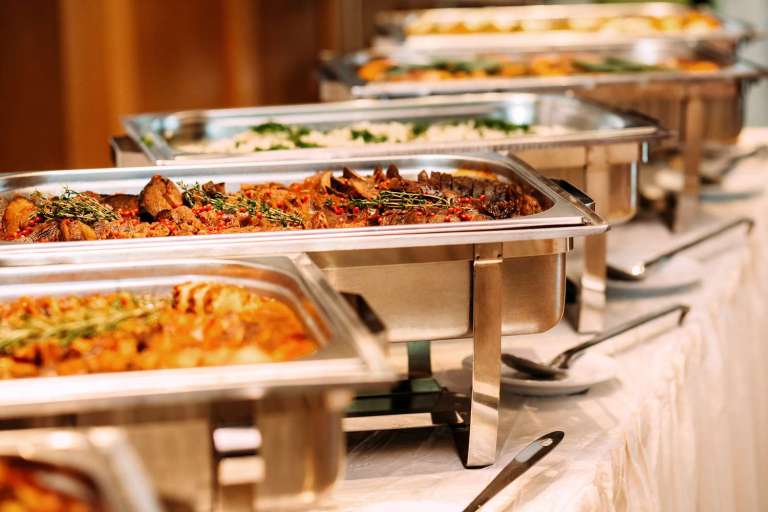Coordinator of the Climate Change and Sustainable Development programme at the Centre for Climate Change and Sustainability Studies in the University of Ghana, Dr. Yaw Boafo has advised students to reduce food waste to ensure good food security and protect the climate.
Dr. Boafo was speaking to UniversNews on issues pertaining to food waste and security amongst students and in relation to climate change.
This comes after concerns have been raised amongst stakeholders on the need to effectively educate students and the general populace on food security and the negative effects of food waste on the climate.
Dr. Boafo revealed that poor food security, especially among students are mostly due to financial constraints and poor food storage systems among others.
He emphasized on the need for people to understand how the aforementioned factors may pose a threat to the nutritional value of their foods.
“It could be financial constraints or limited food options, or even sometimes inadequate food storage systems, or poor food storage systems, which may sometimes lead to contamination of food, or the food may lose their nutritional values. So this is very important for people to understand.”
Dr. Boafo urged students to take some steps to reduce food insecurity and food wastage, which includes donating food to colleagues who may be in need of food.
He expressed his belief in students as important agents of change in issues pertaining to managing food systems.
“Students can play an important role, and I believe that the very first step is for them to learn how to reduce food waste. They can reduce food waste by first planning their meals in advance and then purchasing only the food they need; they can also do so by storing their food properly; they can even donate their food to other people in their rooms, and sometimes you just find someone you think may need it.”
Dr. Boafo also advised students to undertake activities and initiatives that can generate food for consumption.
He suggested activities such as composting and gardening.
“Students can initiate and participate in sustainability initiatives founded on composting. If students in the residence hall decide to participate in composting programmes in which much of the food waste they produce in their rooms is placed in a compost bin in certain areas of the hall, the compost can be used to establish what we refer to as student gardens. Such gardens within the residence facilities can be used to cultivate vegetables for student consumption or experimentation.”
Dr. Boafo finally touched on the negative effects of food waste on the climate system in our environment.
” …when food is wasted, all the resources that were used in producing the food also get wasted. Fundamentally, any food that you throw away within your environment generates what we call methane. And methane is one of the most threatening greenhouse gases that is causing climate change now. So the more food is thrown away, the more methane is generated in the environment, which also grows to affect our climate and causes more climate change concerns.”
–
Story by | Brian Bebli-Dussey | univers.ug.edu.gh

